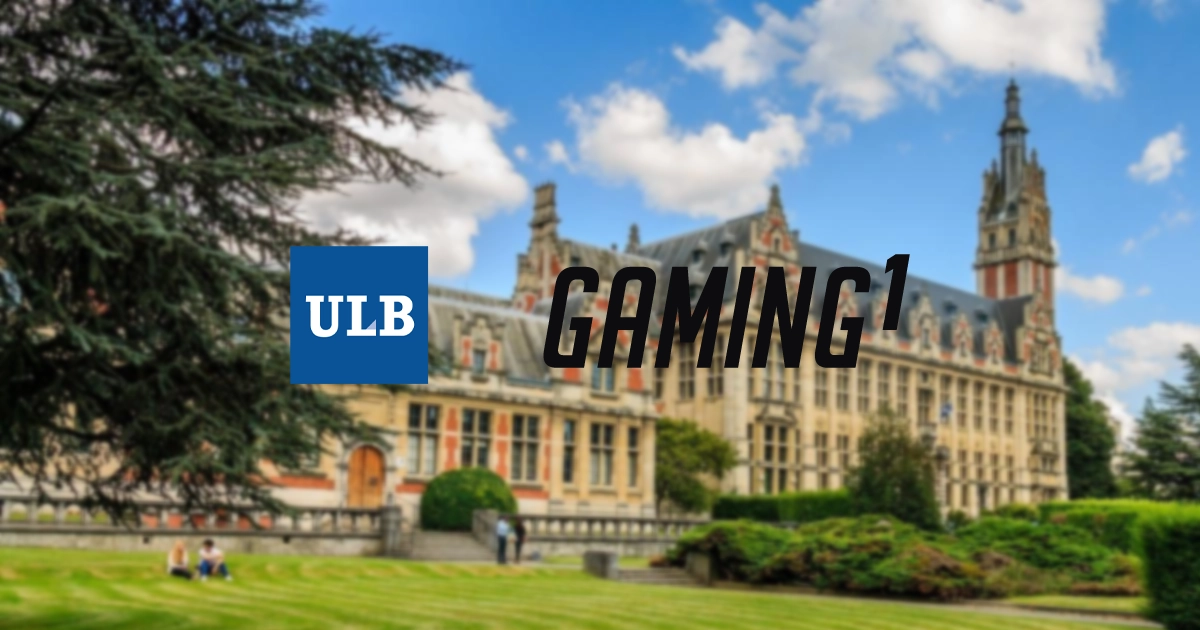Prevention of gambling addiction: Gaming1 and ULB enter into collaboration
Gaming1, a major player in the gaming sector in Belgium, announced a revolutionary initiative in partnership with ULB during the European Safer Gambling Week: the integration of artificial intelligence (AI) to prevent addiction gambling.
This initiative, supported by solid scientific data, marks an important step in the fight against gambling addiction in Belgium.
Early detection
Last Thursday, Gaming1 unveiled an innovative initiative aimed at using artificial intelligence to prevent gaming addiction. In collaboration with Professor Xavier Noël of the Université Libre de Bruxelles (ULB), a specialist in addiction issues, Gaming1 has developed a program that alerts players at the first signs of risky behavior.
A program based on scientific research
Professor Noël’s research, based on anonymous data from Gaming1 players, identified several indicators of risky behavior.
“The major conclusions of this study lie, among other things, in the analysis of the speed of the game. It appears that the degree of speed with which a player will start a new game after a loss, rather than after a win, is a valid risk indicator. This phenomenon, commonly called ‘Loss chasing’, tends to be a relevant indicator to determine whether a player is potentially a risk profile”, explains Professor Xavier Noël.
These findings were incorporated into the AI-powered program.
Player profile
The program takes into account various parameters such as playing time, amounts wagered, frequency of sessions and betting habits. The AI analyzes this data to establish the profile of each player according to different risk levels, thus allowing targeted preventive intervention.
Collective commitment to prevention
The Belgian Association of Gambling Operators (BAGO), including Gaming1 and other operators, announced the signing of an agreement aimed at developing a prevention policy towards players. This collective approach underlines the importance given to the social responsibility of gambling operators.
According to Sciensano data, a third of the Belgian population plays paid games for less than €40 per week, but 85,000 people are considered at-risk players. Early detection is crucial to preventing escalation into addiction, and the use of AI offers an innovative approach to address this challenge.
Challenges and perspectives for the future
While this technology represents significant potential for responsible gaming, it is important to emphasize that it should not replace human intervention and education. The Belgian Gaming Commission welcomes these advances, but insists on the need for operators to move from an obligation of means to an obligation of results to effectively protect players.
Towards adapted legislation
The experience of Gaming1 and ULB could inspire a legislative overhaul in the online gaming sector in Belgium. Presented to the Gaming Commission, this initiative encourages a rethinking of operators’ obligations, placing emphasis on the protection of players rather than purely commercial motivations.
If Gaming1’s initiative marks an important step in the fight against addiction to games of chance in Belgium. It is important to emphasize that for such an approach to be fully effective, close collaboration between operators, researchers and regulators is essential.


